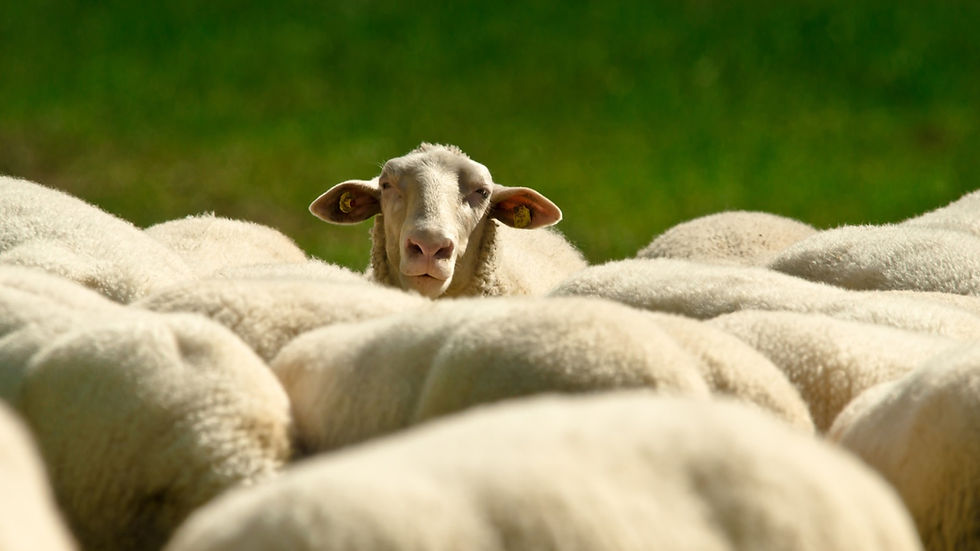Varroa mite detected in South Australia – next steps
- press348
- Sep 4, 2025
- 2 min read

Beekeepers across South Australia are being urged to inspect their hives regularly and report any suspicious symptoms to PIRSA, following varroa mite being detected in the state for the first time.
Known as the worst pest to honeybees worldwide, varroa mites are tiny reddish-brown external parasites that attach to the bodies of honey bees and eat them alive - also feeding on their larvae.
After weakening their host, they will transfer to another bee or to another part of the colony they've invaded.
If left untreated, the parasite will kill any beehive or colony they infect.
The discovery was made in a beehive at Pooginook in the state's Riverland during routine surveillance by PIRSA inspectors.
The affected hive is part of a consignment of hives brought into the state from Queensland to support the critical almond pollination season.
PIRSA are currently testing other hives from the consignment and a biosecurity notice has been issued to beekeepers.
Since varroa was first discovered in New South Wales in 2022, the parasite has spread to Victoria, Queensland and the ACT. South Australia has until now remained free of the pest, delaying its arrival for more than three years thanks to strict border controls.
Initial eradication efforts were led by the NSW Department of Primary Industries following the 2022 detection. It was the largest agricultural biosecurity response in Australia to date, but it was ultimately unsuccessful. In September 2023, the National Management Group agreed it was not feasible to eradicate varroa mite.
Any beekeepers who currently have - or have had since July 25 - hives within 25 km of Pooginook or intend to keep hives in this area are requested to contact the PIRSA Biosecurity Apiary Unit by emailing pirsa.beebiosecurity@sa.gov.au.
All South Australian beekeepers are urged to:
inspect their hives regularly using alcohol wash, sugar shake, or sticky mat techniques
report any suspected detections immediately to PIRSA via the Exotic Plant Pest Hotline on 1800 084 881
AND ensure they are registered with PIRSA so they can receive up-to-date biosecurity notices and guidance.
For further information, including resources for hive monitoring and details of PIRSA’s Varroa Development Officer team, go to Varroa mite.



Comments